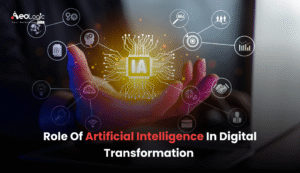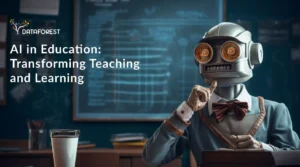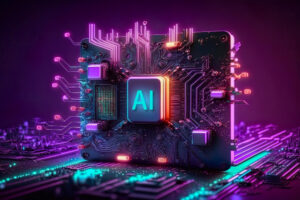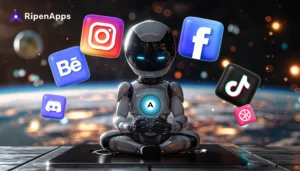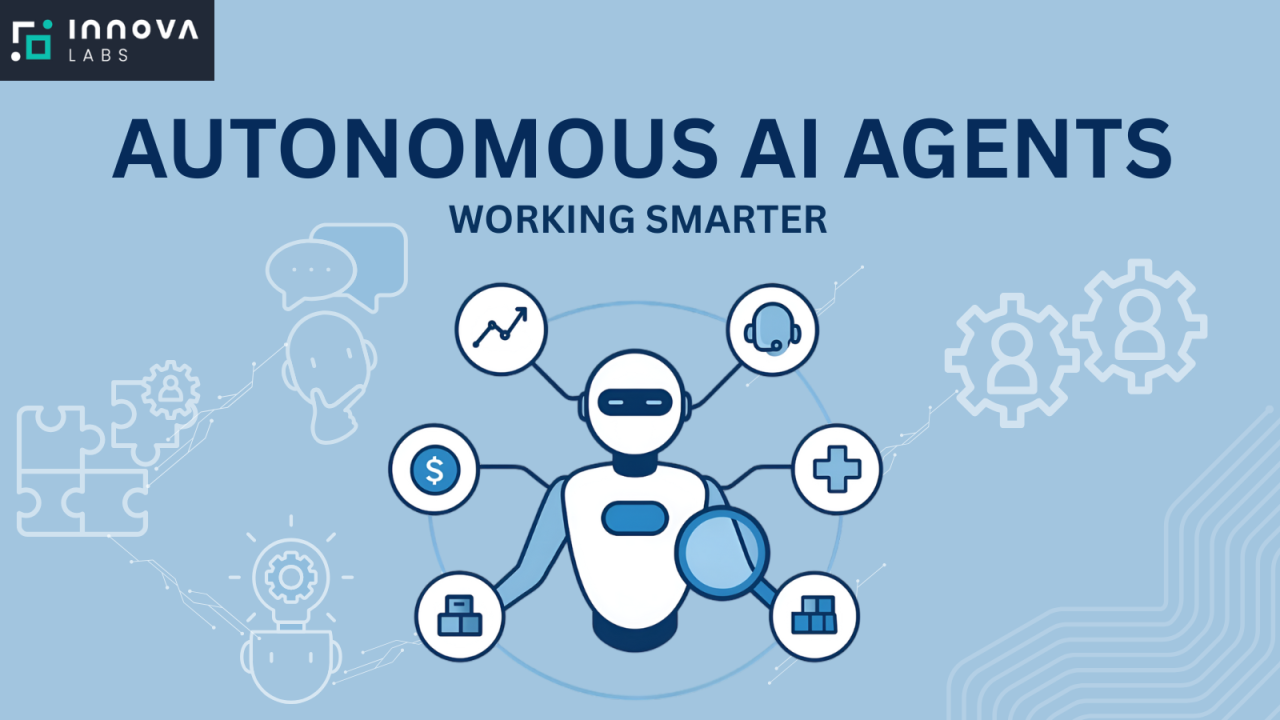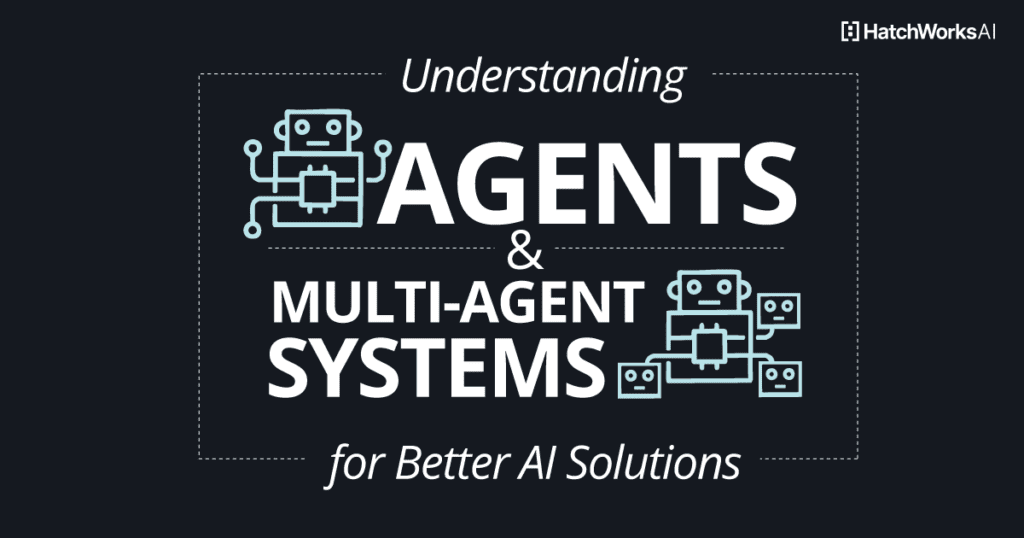How AI Is Transforming the World
Artificial intelligence (AI) is no longer the futuristic headline from sci-fi films — it’s woven into everyday life, reshaping industries, powering new kinds of creativity, and changing how we learn, work, and govern. From the smartphone in your pocket to the systems diagnosing illnesses in hospitals, AI is at once practical and profound. This article explores how AI is transforming the world: the concrete changes happening across sectors, the benefits and risks, and what to expect next.
The current landscape: AI everywhere, often invisibly
Most people interact with AI daily without noticing. Recommendation engines suggest your next show, email clients auto-complete sentences, and navigation apps predict traffic. Under the hood are machine learning models trained on massive datasets, optimized to recognize patterns and make predictions faster than humans can.
But this ubiquity goes beyond convenience. AI has become an infrastructure technology — a building block for innovation across health care, finance, manufacturing, education, public services, and creative industries. Its influence is structural: companies redesign products around AI capabilities, governments reconsider regulation, and entire job categories evolve.
Health care: earlier detection and personalized treatment
One of the clearest, most human-centered transformations is in health care. AI systems analyze medical images (X-rays, CT scans, MRIs) to detect cancers, fractures, and other conditions often earlier than traditional methods. Predictive models use electronic health records to flag patients at risk of complications, enabling preventive care that can save lives and cut costs.
Beyond diagnostics, AI supports personalized medicine. By integrating genomic data, lifestyle information, and clinical records, AI-powered tools can recommend therapies tailored to an individual’s biological and social profile. Drug discovery has also accelerated: machine learning helps identify promising molecules and predicts chemical properties, reducing the time and expense of bringing new treatments to market.
Business and the economy: automation, augmentation, and new business models
AI automates routine tasks — from invoice processing to scheduling — freeing human workers to focus on strategy and creativity. In customer service, chatbots handle common queries at scale, while human agents handle complex problems. In manufacturing, AI-driven predictive maintenance reduces downtime by forecasting when machines will fail.
But AI isn’t just automation; it’s augmentation. Tools that summarize documents, generate drafts, or analyze large datasets expand what a single knowledge worker can produce. This creates new business models — AI-as-a-service platforms, products that embed intelligent assistants, and personalized subscription services driven by customer-behavior models.
The economic impact is mixed: while AI increases productivity and creates new markets, it also disrupts jobs. Roles that rely on routine cognitive tasks are most at risk, while demand rises for workers who can design, oversee, and interpret AI systems.
Education: tailored learning and scalable tutoring
Education is becoming more personalized thanks to AI. Adaptive learning platforms adjust content and pacing to each student’s needs, identifying weaknesses and recommending targeted exercises. Virtual tutors and conversational agents provide on-demand explanations and practice, increasing access for learners without one-on-one human tutors.
AI also aids teachers by automating administrative work — grading objective assessments, tracking student progress, and producing insights that inform instruction. Importantly, personalized education powered by AI can help close learning gaps when combined with thoughtful pedagogy and human oversight.
Transportation and cities: safer, smarter mobility
AI optimizes routes, reduces congestion, and powers the development of autonomous vehicles. Real-time traffic prediction, dynamic routing for fleets, and smart transit scheduling are making urban mobility more efficient. In logistics, AI coordinates supply chains, predicts demand, and chooses the most efficient shipping options — saving time and fuel.
Autonomous vehicles promise increased safety by removing human error, the leading cause of accidents. But deployment at scale requires solving complex perception, decision-making, and ethical challenges — and adapting laws and infrastructure to new realities.
Climate and environment: smarter stewardship
AI helps monitor ecosystems, predict extreme weather, and optimize energy systems. Satellites combined with AI analyze deforestation, illegal fishing, and wildlife populations faster than manual inspection. Smart grids use machine learning to balance supply and demand, integrate renewable energy sources more effectively, and reduce waste.
While AI can accelerate climate solutions, it also consumes resources: training large models uses considerable energy. The net environmental impact of AI depends on choices around model efficiency, energy sources, and deployment strategies.
Creativity and media: new forms of expression
Generative AI — models that create text, images, music, and video — has unlocked new creative possibilities. Writers use AI to brainstorm ideas and draft prose; designers quickly iterate visual concepts; musicians generate backing tracks; filmmakers experiment with storyboards and visual effects. These tools lower barriers for creators and enable rapid prototyping.
At the same time, generative AI raises questions about authorship, originality, and copyright. As creative workflows incorporate AI, norms and legal frameworks are evolving to define credit, ownership, and fair use.
Public services and government: efficiency, surveillance, and trust
Governments are using AI to improve public services — from faster processing of applications to predictive models that allocate social services more effectively. During crises, AI helps analyze data and coordinate responses.
However, public-sector AI also introduces risks. Surveillance technologies powered by facial recognition and predictive policing can infringe on civil liberties and disproportionately affect marginalized communities. Transparency, public accountability, and clear legal safeguards are essential when governments deploy powerful AI systems.
The workforce: reskilling and new roles
AI reshapes what skills organizations need. Demand grows for data-literate professionals: AI engineers, prompt designers, machine learning ops specialists, model auditors, and ethics officers. At the same time, jobs that center on human skills — critical thinking, empathy, complex problem solving, and creative judgment — remain valuable and often irreplaceable.
Reskilling and lifelong learning become policy priorities. Businesses and educational institutions must invest in training programs that help workers transition into AI-augmented roles. Equitable access to these opportunities will determine whether AI widens or narrows existing inequalities.
Ethics, bias, and governance: building trustworthy AI
As AI’s influence grows, so do concerns about fairness, privacy, transparency, and accountability. AI systems trained on biased or incomplete datasets can replicate or amplify societal prejudices. Opaque “black box” models make it hard to explain decisions that significantly affect people’s lives, like loan approvals or legal risk assessments.
Addressing these issues requires multidisciplinary approaches: technical methods (fairness-aware algorithms, explainability techniques), policy frameworks (regulation, standards), and organizational practices (audits, diverse teams, impact assessments). Stakeholder engagement — including affected communities — must guide design and deployment.
Safety and existential risks: long-term thinking
Most immediate concerns around AI are social and economic — jobs, bias, misuse. But many researchers and policymakers also consider long-term safety issues if ever more powerful, general-purpose AI systems are developed. Ensuring that advanced AI systems behave as intended, remain under meaningful human control, and align with human values is a growing field of study. Proactive research, international collaboration, and governance mechanisms are recommended to manage these risks responsibly.
Balancing innovation and regulation
Regulation should protect people while allowing beneficial innovation. Overly restrictive rules can stifle progress; under-regulation can enable harm. Governments and industry are experimenting with solutions: transparency requirements for high-impact systems, standards for model evaluation, and sandboxes for safe testing.
Crucially, regulation must be adaptable. AI technology evolves quickly, so governance frameworks should be principle-based, enforceable, and updated as evidence and capabilities change.
Equity and access: who benefits?
AI’s benefits are not distributed evenly. Wealthy companies and countries currently lead in computing resources and data access, potentially widening global inequalities. To ensure AI serves humanity broadly, we need policies and partnerships that democratize tools, invest in capacity-building in low- and middle-income regions, and promote open research and inclusive data practices.
Community-driven AI initiatives, open-source models, and philanthropic efforts can help distribute benefits more widely. But intentional public policy — around education, infrastructure, and privacy — is equally important.
Practical steps organizations should take
For organizations ready to adopt AI responsibly, here are practical steps:
-
Start with value, not technology. Identify clear use cases where AI improves outcomes, reduces costs, or enhances user experience.
-
Invest in data quality. High-quality, representative data yields better decisions and reduces the risk of biased outcomes.
-
Build cross-functional teams. Combine technical expertise with domain knowledge, legal, and ethical perspectives.
-
Pilot and measure. Run small pilots, measure impacts, and iterate before scaling.
-
Prioritize explainability and accountability. Use models and processes that enable human oversight and recourse.
-
Plan for workforce transition. Provide reskilling and support to affected employees.
The near future: human–AI collaboration
Rather than replacing humans, AI is likely to reshape how humans work and create. The near future will see more seamless human–AI collaboration: AI that augments decision making, speeds up research cycles, and personalizes experiences at scale. We’ll also see more systems designed to be interpretable, safer, and better aligned with users’ needs.
AI will keep lowering barriers to entry for entrepreneurs and creators, spawning new products and services we can’t fully imagine today. Businesses that pair technological adoption with ethical practice and social responsibility will emerge as trusted leaders.
Conclusion: transformation with responsibility
“How AI is transforming the world” is both a technical and a human story. The technology brings extraordinary benefits — better health outcomes, more efficient businesses, personalized learning, and creative tools — while posing real risks: job disruption, biased systems, privacy erosion, and new forms of control. The outcome hinges less on whether AI will change the world (it will) and more on how we govern, deploy, and humanize it.
If we prioritize transparency, fairness, and inclusive access while investing in reskilling and democratic oversight, AI can be a powerful force for good. The challenge is collective: developers, companies, policymakers, and citizens must work together to shape an AI-enabled future that reflects shared human values.
For quick updates, follow our whatsapp –https://whatsapp.com/channel/0029VbAabEC11ulGy0ZwRi3j
https://bitsofall.com/google-ai-ships-a-model-context-protocol-mcp/
Google AI Research Introduces a Novel Machine Learning Approach
Efficient Optical Computing: The Future of High-Speed, Low-Power Processing

